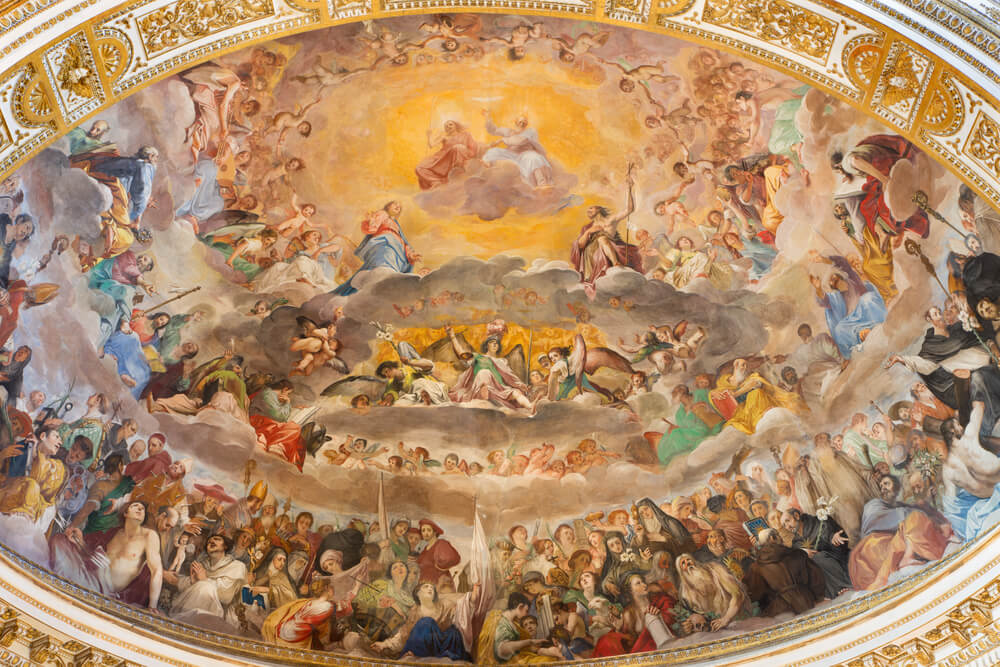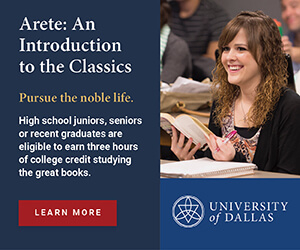Yesterday we celebrated the Solemnity of the Most Holy Trinity – and during this time of unrest and division, we look to the unity between the Father, Son, and Holy Spirit as our hope and inspiration. But the Trinity is not a union of political beliefs, interests, or worldviews. It is a union of persons. If we wish to work toward unity, we must keep the person at the center of our mission.
Recently on Trending with Timmerie, Timmerie pointed out that too often talk about character development is missing an end or a purpose. We want to grow as people, but to what end? We want to have unity, but united by what? If we don’t have a bigger purpose, then our “growth” or “unity” can quickly become self-centered and insular.
Timmerie explained that a religious attitude is not self-centered, but is always oriented toward a unity of persons. She said, “The Catechism of the Catholic Church actually talks about this communal dimension of the character. That, in fact, all people are called to the same end, this unity of persons that’s a resemblance of the Trinity, this communion of love.”
But how can we work toward a unity of persons in a world so divided? Timmerie suggested that we look to the example of Jesus, and his proclamation of the Kingdom of God.
“It’s that idea of divine beatitude,” she said. “Now, God gives us the example of Jesus Christ in the Sermon on the Mount. And if you notice, all of the happiness and blessedness of those eight beatitudes have to do with other people.”
“Blessed are the merciful. That means you have to be merciful toward other people. God doesn’t need our mercy. The people we’re around need our mercy. Blessed are those who mourn. Blessed are those who are persecuted. Who are we persecuted by? Not by God, but by our peers. Blessed are the meek. Blessed are those who hunger and thirst for righteousness.”
“All of these have to do with our neighbors,” Timmerie emphasized. “It’s the message that Christ gives over and over again in the Gospels. Love your neighbor as yourself.”
So how do we get there?
“We can’t do this apart from God,” she said. “And we have to understand that God has accommodated us according to the nature that he has created us for. And that we’re people who are called to live in a society and to develop in accordance with our nature, and within the surrounding of other people.”
Because we are called by God to live in a society, finding unity through the beatitudes is often a challenge. We have to be merciful to our neighbors, even when they hurt us. We have to mourn with others, even when we don’t understand their grief. We have to hunger and thirst for righteousness, even when the status quo is a lot more comfortable.
“I think this is the hardest part,” Timmerie acknowledged. “We don’t really know how to co-mingle with other people anymore. Notice that I avoided the word co-exist. We really do have to co-mingle. We have to interact. We have to enter into and engage with society.”
Listen to the conversation with Timmerie below:
Trending with Timmerie airs weekdays at 6:00 p.m. Central on Relevant Radio® and the Relevant Radio App.


